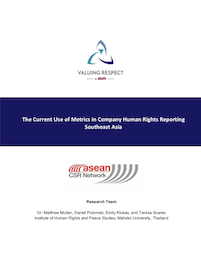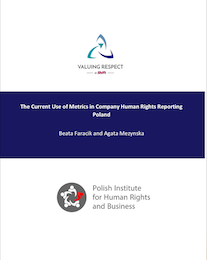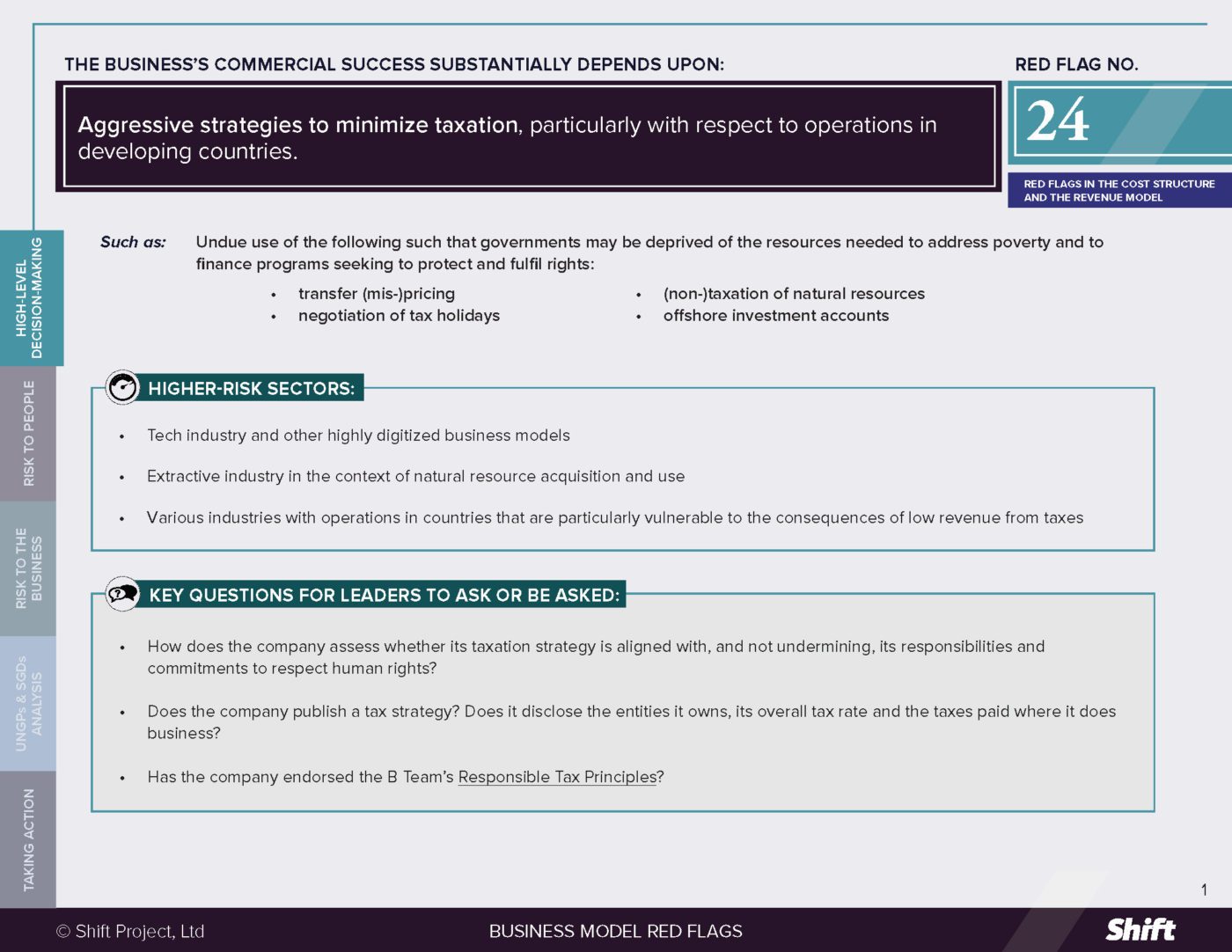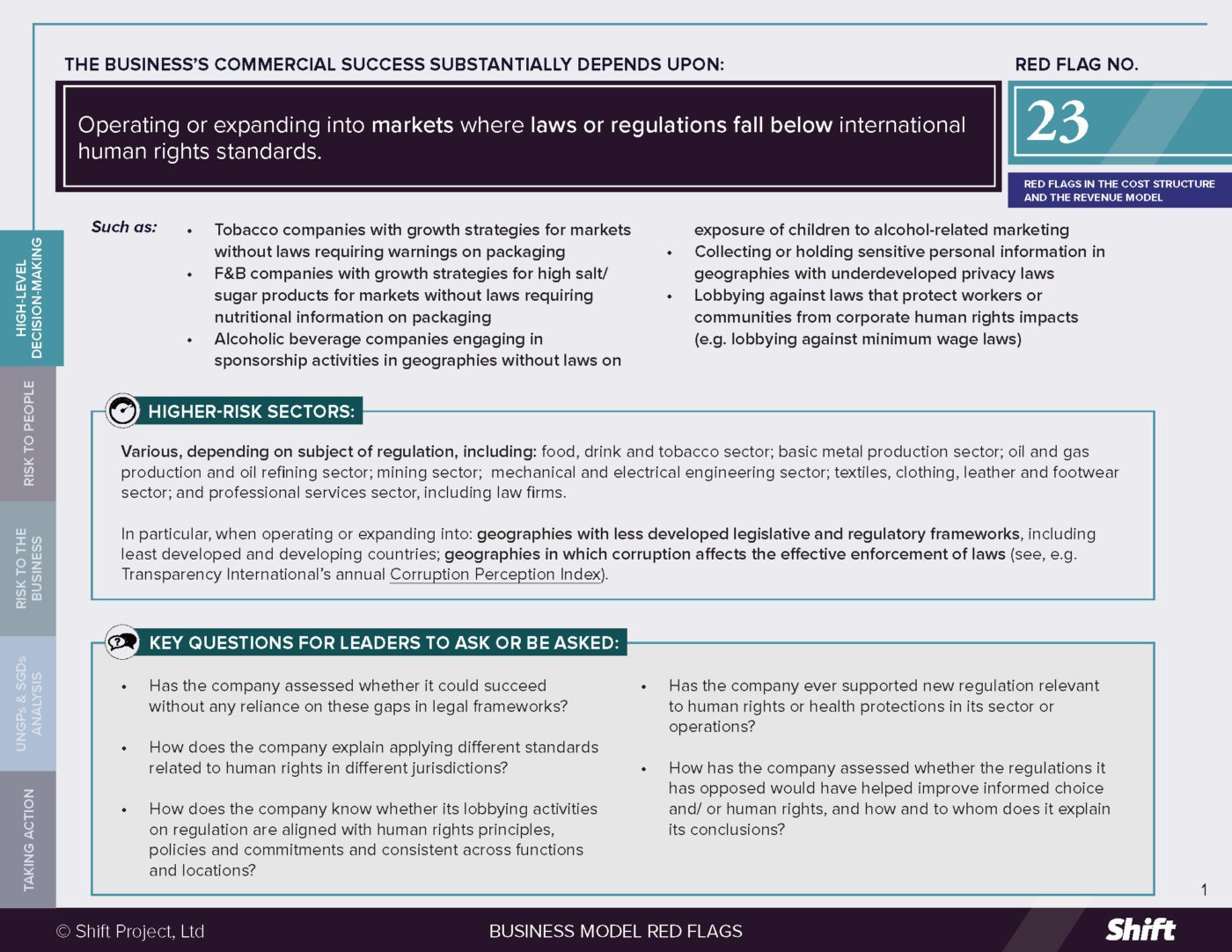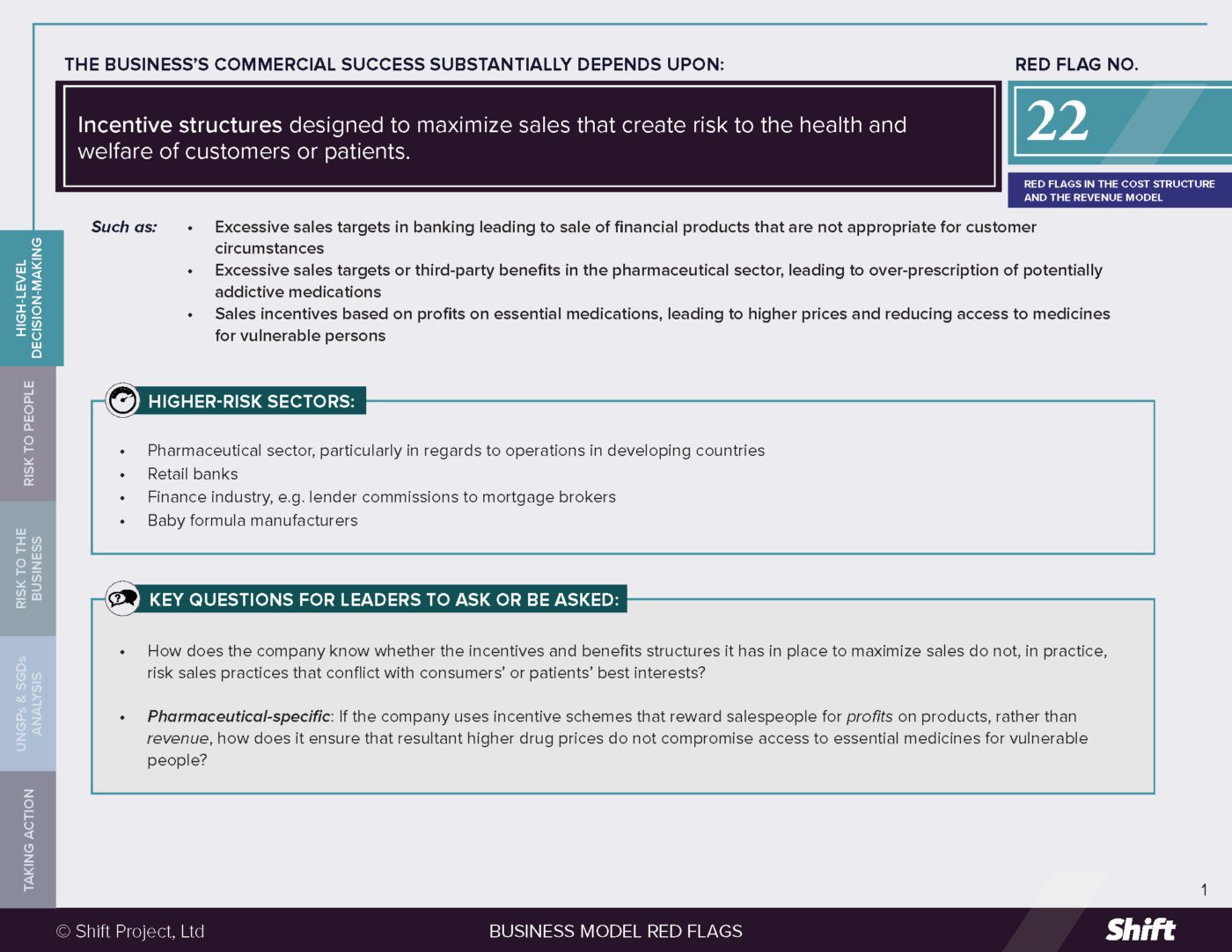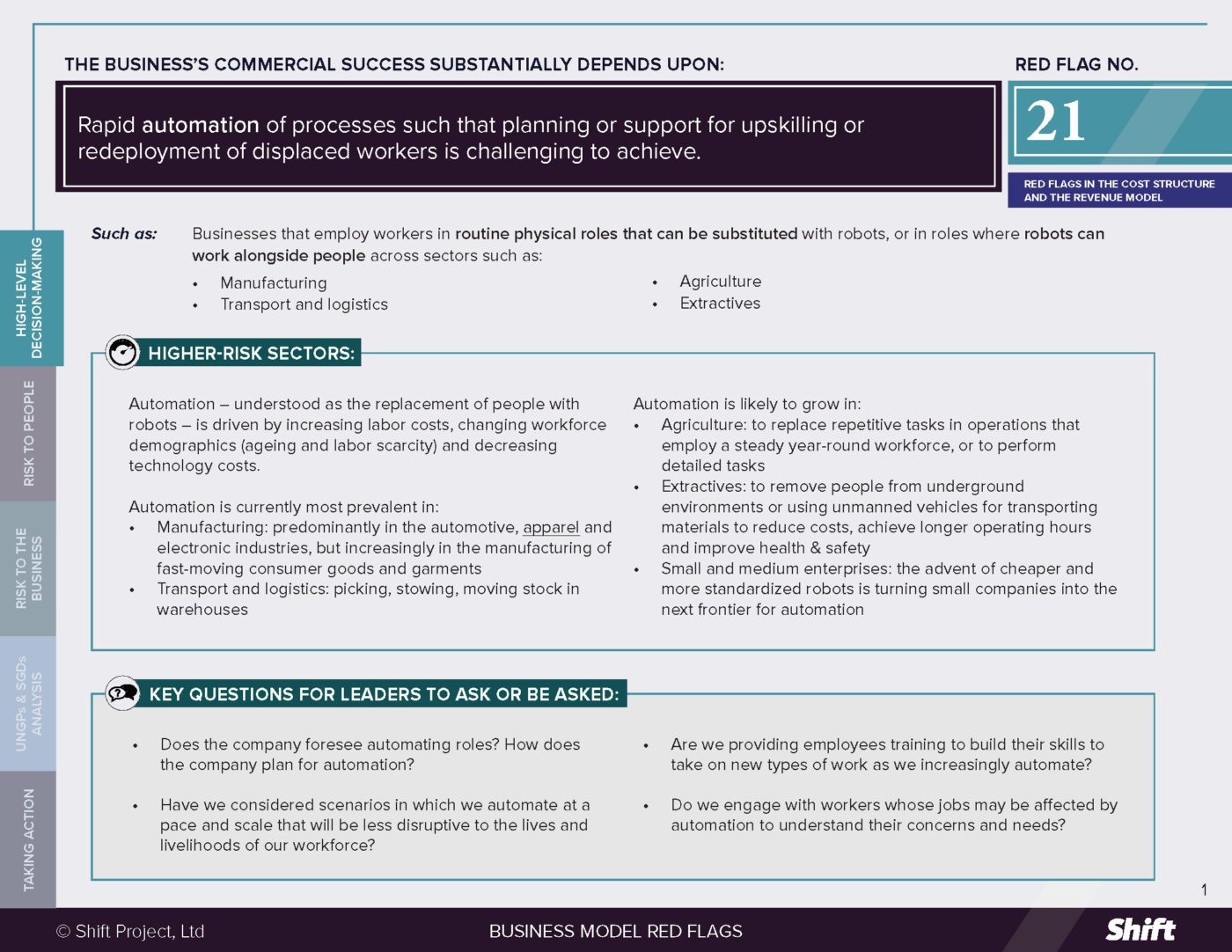To better understand what is working and what is not, Valuing Respect analyzed metrics and human rights reporting currently being used by companies and available to investors in three geographical regions. This paper summarizes our findings in South East Asia.
The research was conducted in collaboration with the ASEAN CSR Network from mid 2018 to early 2019.
A Quick Look at Our Findings
We did a breakdown of the types of indicators that are being used in the region. Similar to what we found in the general research, metrics in South East Asia were mostly focused on inputs, outputs and activities.
Approximately only 1 in 5 indicators measure the outcomes that activities have for the business and less than 1 in 10 measure outcomes that activities have on people’s rights.
- Inputs: In Malaysia and Singapore companies regularly cite exact contribution amounts to charities or philanthropic efforts. In Thailand, it is common to find information about new task forces or teams that may have human rights as part of their mandate. For example: “[The company] has since doubled its sustainability team and developed further social projects with NGOs, local authorities and the International Labor Organization (ILO).”
- Activities: Evidence of activities in the form of occupational health and safety (OHS) training is prevalent in all three countries. Evidence of human rights training and impact assessments uniquely featured in Thailand. For example: “Trainings on human rights policies and procedures were provided to 10 employees and 136 hours were invested”
- Outputs: Board diversity figures and OHS statistics feature in Malaysia and Singapore. In all countries one finds claims citing zero human rights complaints or violations. An outlier is that Thailand cites specific data from human rights impact assessments.
- Practices and Behaviors: It is very rare to find indicators in all three countries. Companies sometimes report on worker and community satisfaction which could be seen as an indicator of good company practices. A few companies report on new protocols of management or conduct related to human rights, but do not provide evidence of those new requirements being followed.
- Outcomes for People: it is very rare for indicators about outcomes for people to be reported. Where they are, the focus is on data regarding improved incomes, livelihoods, wellbeing, and job satisfaction. There is some information on remediation which can hint at better outcomes for people.
- Outcomes for Business: Compared to practices and behaviors and outcomes for people, outcomes for the business is an area of emphasis and more thorough reporting. Awards appear to be a popular data point in all three countries.

 Business Model Red Flags
Business Model Red Flags  Tool for Indicator Design
Tool for Indicator Design 